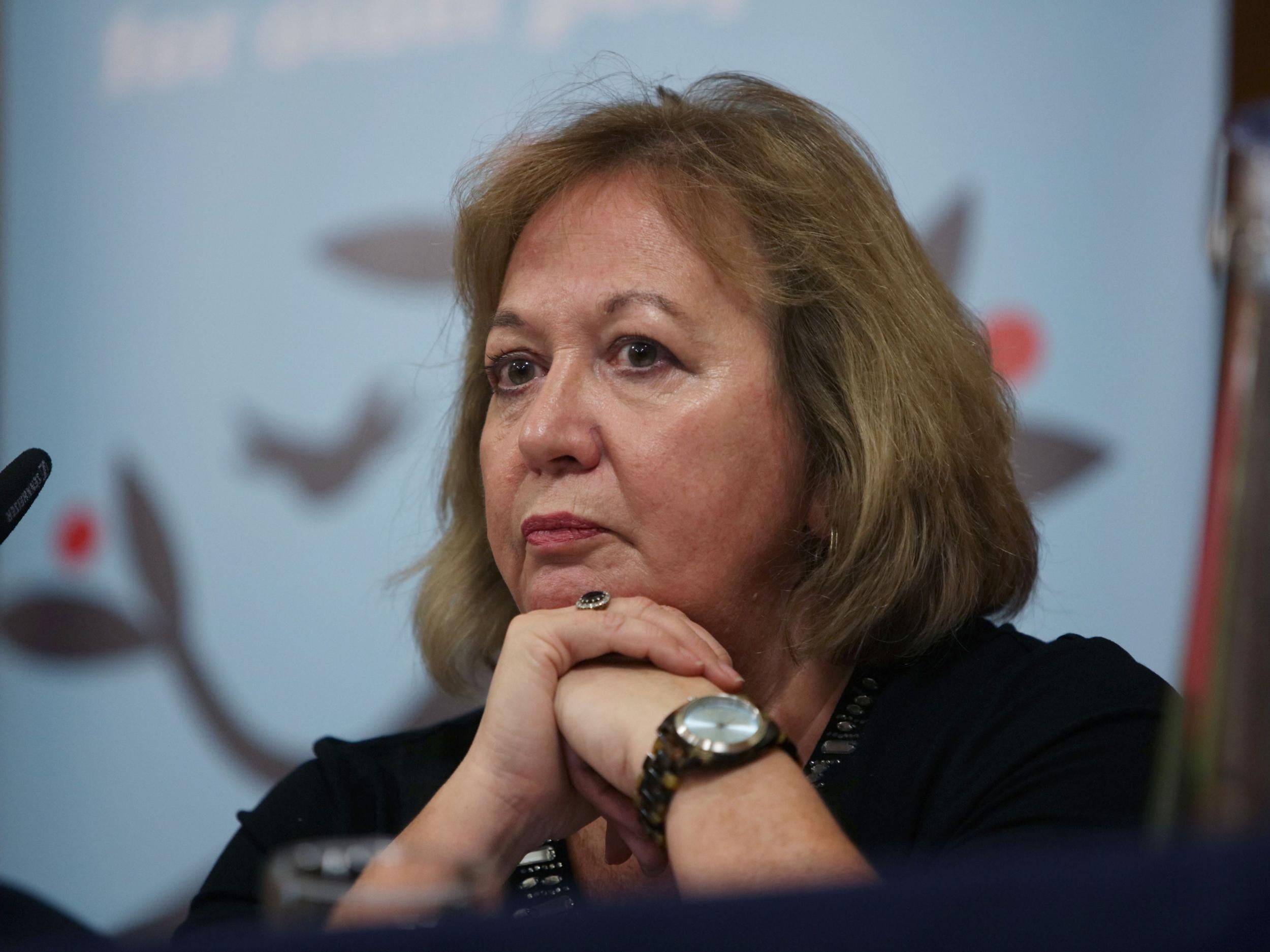Union calls on new PM to impose £30bn tax on rich to save frontline workers from cost-of-living disaster
Poll shows backing for wealth tax on property worth over £5m

The UK’s new prime minister should raise taxes on the rich by £30bn a year to save workers providing essential public services from the “disastrous” impact of the cost-of-living crisis, a major public sector union has said.
Unison’s call came after a survey of 5,000 members of the public sector union found frontline staff living in darkened and unheated homes, using buy-now-pay-later schemes for essential purchases and considering giving up their jobs because they cannot afford the petrol to get to work.
General secretary Christina McAnea said that many public sector workers – like nurses and school cleaning staff – will “never recover” unless the government comes forward with more support.
The union is campaigning for pay rises in line with inflation – currently running at 10.1 per cent – as well as a £15-an-hour minimum wage to take millions out of in-work poverty.
Unison today released polling of 3,000 voters which found that 60 per cent back pay rises of inflation or above for public sector workers. More than three-quarters (76 per cent) said that support announced so far by ministers would do little or nothing to ease the pressure of skyrocketing prices for energy, food and fuel.
And more than half (54 per cent) of those questioned by YouGov backed the union’s proposal for a 1 per cent annual wealth tax on assets worth over £5m, including property, to pay for part of the additional support needed.
In a new report, entitled Together We Rise, Unison release independent economic analysis which found that the proposed tax would raise £10.1bn a year.
A further £1.65bn would be raised through a 1p hike in the higher and additional rates of income tax, and £8bn by increasing capital gains tax rates to match income tax.
The demands came amid threats of a historic wave of strikes affecting sectors from the railways to local government, the Royal Mail and the courts in protest at below-inflation pay offers.
Conservative leadership frontrunner Liz Truss, expected to be confirmed as the next prime minister on Monday, this week said she would offer “immediate” support for people struggling with unaffordable energy bills, but promised Tory activists there would be “no new taxes” under her leadership.
But Ms McAnea said the new PM should recognise the plight of low-paid staff uncovered in Unison’s report, warning that the looming recession could force many out of the workforce.
The report included testimony from special needs teaching assistant Farhiya, from Birmingham, who said: “I live in total darkness and in constant fear of not being able to afford to pay my bills and of losing my home.”
And Michelle, a care worker in Worcestershire, told the union: “Sadly, I’m currently looking at having to give up my job. This is because I can’t afford the petrol to get to work and pay my bills.”
Ms McAnea said: “The financial crisis is nothing short of a disaster for public sector workers.
“The real value of their income has plummeted, leaving them struggling to deal with rising prices. It’s clear that without help, many may never recover.
“The incoming prime minister must make it a priority to help people such as hospital porters, teaching assistants and other poorly paid public sector employees through the cost-of-living crisis.
“This isn’t the time for pay freezes or tax cuts. The government must put struggling families first and provide a wage rise in line with inflation or above.”
- YouGov questioned 3,407 adults in England, Wales and Scotland between 10 and 12 June.







Join our commenting forum
Join thought-provoking conversations, follow other Independent readers and see their replies
Comments